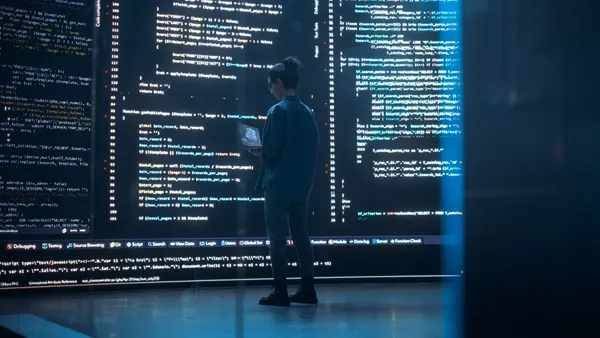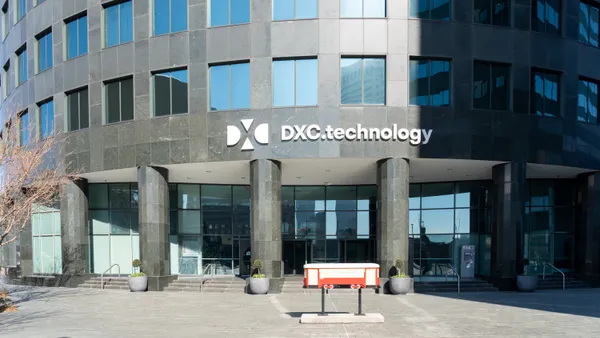Imagine a developer tasked with resolving a critical bug in a live application. Not long ago, this typically meant hours, perhaps even days, of painstakingly tracing dependencies, searching through endless log files and testing multiple hypotheses. Now, that process looks very different. Instead of relying on educated guesswork — not to mention countless hours on manual analysis — the developer describes the problem in natural language to a specialized AI agent. The agent analyzes the system, identifies the root cause, suggests a fix and even drafts an updated documentation. This all happens in a matter of minutes.
Scenarios like this highlight how developer roles are transforming from line-by-line coders to high-level strategists tasked with validating AI-created outputs, orchestrating deployments and communicating outcomes to business leaders. It’s the new reality taking shape in development teams around the world as AI becomes deeply embedded in almost everything we do.
To better understand how technology is ushering in a new era of human-AI collaboration in development, OutSystems worked with KPMG and CIO Dive to survey 550 IT leaders. The findings reveal how the conversation has shifted in the last couple of years from job-related uncertainty to role evolution.
Evolving skill sets: What it takes to thrive
The widespread apprehension about the future of work that accompanied the meteoric rise of generative AI at the end of 2022 has been replaced by a more nuanced understanding of human-AI collaboration. While 42% of software executives said they believed that AI would reduce hiring needs for traditional software developers, 69% also said they believed it would create new, specialized roles over the next two years. Sixty-three percent also said they believed that AI would require substantial upskilling or reskilling within existing development teams.
The data points to an important trend: Companies are looking to augment their development teams, not simply automate them. While there’s no denying the value of AI — particularly end-to-end agentic systems that handle repetitive, labor-intensive processes — the real value lies in freeing up developers’ time to focus on strategic work. Gonçalo Borrêga, vice president of product, AI and application development at OutSystems, compared this transformation to the rise of cloud-based architectures around 15 years ago or the rise of mobile technologies since then.
However, there’s a fundamental difference between the rise of AI and previous transformations in the industry: This time around, the speed at which reskilling needs to happen is exponentially higher. The developer of tomorrow — or indeed, today — is an orchestrator, a collaborator and an innovator. This requires a major shift in thinking, where success isn’t just measured by lines of code written, but by the effectiveness of the human-AI systems being deployed.
Essential skills for this new era include:
- Prompt engineering: The quality of AI-generated outputs depends enormously on the ability to craft prompts that create accurate and contextually relevant responses.
- Cross-functional collaboration: As AI democratizes development, technical teams will need to work closely with line-of-business roles, translating business needs into secure, scalable AI-driven solutions with proper controls.
- Governance and oversight: With 85% of IT leaders expressing concern regarding compliance, ethical or legal issues, there’s a pressing need for specialized skills in AI governance.
Bridging the skills gap with a unified platform approach
A clear majority of IT leaders recognize the need for change, but implementing it is another matter. A third of these leaders reported a lack of internal expertise or skill sets as a significant barrier to further adoption, while almost a quarter cited cultural resistance or a lack of buy-in as a key issue. These challenges are further exacerbated by the explosion of new AI tools and frameworks that has, in turn, led to AI sprawl and increased use of unapproved AI tools (shadow AI).
AI-powered low-code development platforms are emerging as a natural fit for the AI era, with 46% of businesses relying on them to abstract away the enormous complexity of building and integrating AI. Cloud-based AI services are also hugely popular, with 76% of businesses incorporating them in their development. The benefits of this platform approach are clear: By providing a single, secure space with the necessary guardrails and governance tools to allow for safe AI experimentation, validation and deployment, developers can better understand — and benefit from — the changes that AI will bring to their roles. It’s an approach that helps embed AI literacy across the organization by allowing business and technical users to collaborate in one platform.
Without doubt, the future of app and agent development is collaborative and, for the most part, IT leaders have broadly realistic expectations, with 30% foreseeing agentic AI as a tool to assist users by providing recommendations and automating routine tasks. By contrast, only 9% said they believed that agentic AI would lead to entirely autonomous applications capable of operating without any human oversight within the next five years. Humans will remain critical in the process. Clearly, the challenge — and the opportunity — lies in reskilling developers to become strategic orchestrators in this powerful new partnership.
Get the full report for complete access to the 2025 OutSystems and CIO Dive survey. ↗











